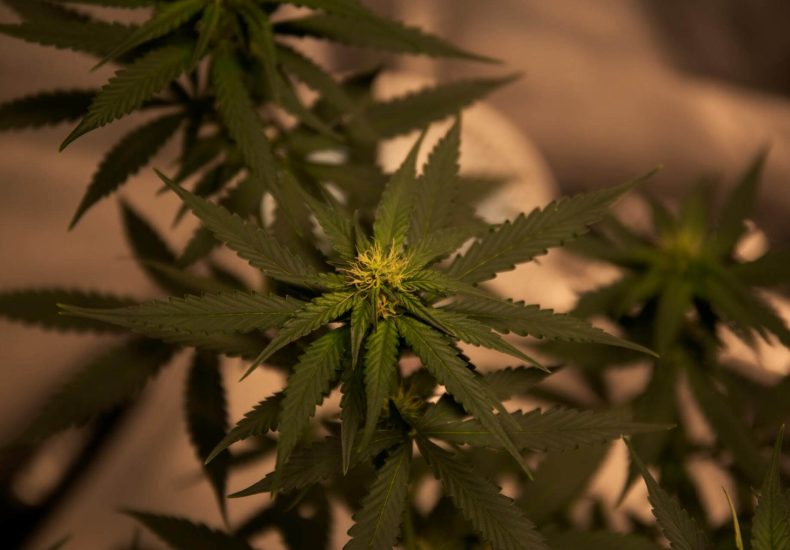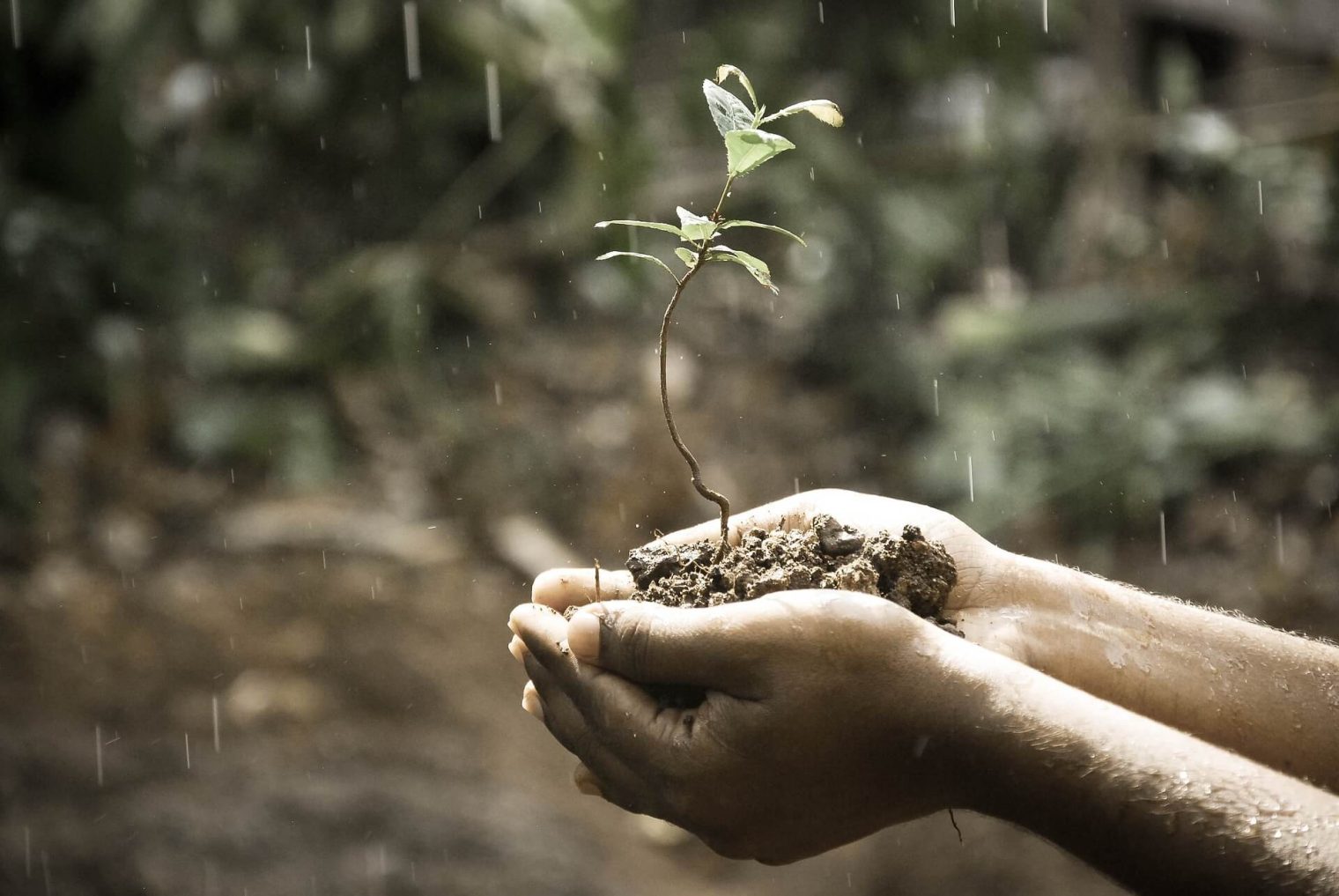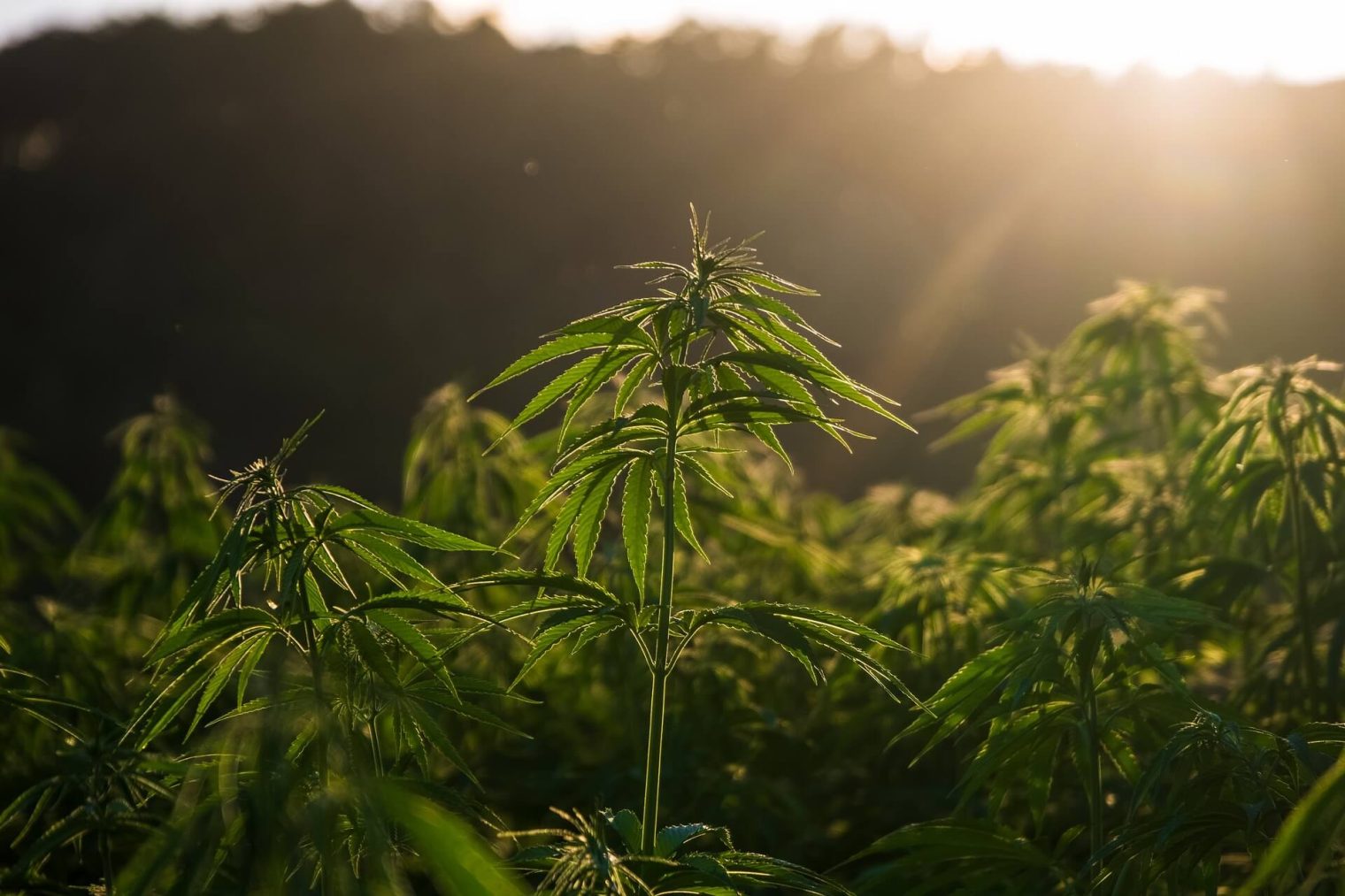 Cannabis
Cannabis
Table of Contents
Are you looking for the best organic weed growing methods in 2024? As we move into 2024, the demand for organic products, including cannabis, continues to rise. Consumers are increasingly conscious of the environmental impact of their choices and the health benefits of organic goods.
This article explores the best organic weed growing methods in 2024, highlighting the latest techniques and innovations for producing high-quality, chemical-free cannabis.

Why Choose Organic Weed Growing Methods?
Organic weed growing methods offer numerous benefits over conventional farming practices. By avoiding synthetic pesticides and fertilizers, organic cultivation helps protect the environment and ensures a cleaner, healthier product. Additionally, organic methods can enhance the natural flavors and aromas of cannabis, providing a superior experience for users.
Soil Management
One of the foundational aspects of organic weed growing methods is soil management. Healthy soil is teeming with microorganisms that aid in nutrient absorption and plant health. In 2024, the focus is on building and maintaining rich, fertile soil through the use of compost, cover crops, and organic amendments.
Composting: Composting is an essential component of organic weed growing methods. It involves recycling organic waste into nutrient-rich soil. Compost provides essential nutrients and improves soil structure, promoting robust root systems and healthy plants. In 2024, growers are using advanced composting techniques, including vermicomposting (using worms) and bokashi composting (a fermentation process), to accelerate decomposition and enhance nutrient content.
Cover Crops: Cover crops, such as clover and legumes, are planted during off-seasons to protect and enrich the soil. These plants fix nitrogen, improve soil structure, and prevent erosion. In 2024, using cover crops is recognized as a key strategy in organic weed growing methods to maintain soil health and fertility year-round.
Organic Amendments: Organic growers use natural amendments like bat guano, bone meal, and kelp to provide additional nutrients. These amendments release nutrients slowly, ensuring a steady supply of essential minerals to the cannabis plants throughout their growth cycle.
Water Management
Effective water management is crucial in organic weed growing methods. Overwatering can lead to root rot, while underwatering can stress plants and reduce yields. In 2024, innovative irrigation techniques and water conservation strategies are at the forefront of organic cannabis cultivation.
Drip Irrigation: Drip irrigation is a water-efficient technique that delivers water directly to the plant roots. This method reduces water waste and ensures that plants receive the precise amount of moisture needed. In 2024, many organic growers are adopting automated drip irrigation systems with sensors that monitor soil moisture levels and adjust watering schedules accordingly.
Rainwater Harvesting: Collecting and using rainwater is an eco-friendly practice that aligns with organic weed growing methods. Rainwater is naturally soft and free from chemical additives found in tap water. Modern rainwater harvesting systems include filtration and storage solutions that provide a sustainable water source for cannabis plants.
Mulching: Mulching involves covering the soil with organic materials like straw, leaves, or wood chips. Mulch helps retain soil moisture, suppress weeds, and regulate soil temperature. In 2024, mulching remains a popular practice among organic growers to enhance water efficiency and improve plant health.
Pest and Disease Management
One of the biggest challenges in organic weed growing methods is managing pests and diseases without synthetic chemicals. In 2024, integrated pest management (IPM) strategies are essential for maintaining healthy cannabis crops.
Beneficial Insects: Introducing beneficial insects, such as ladybugs, predatory mites, and nematodes, is an effective way to control pests naturally. These insects prey on harmful pests, reducing their populations without the need for chemical interventions. In 2024, the use of beneficial insects is a cornerstone of organic weed growing methods.
Companion Planting: Companion planting involves growing certain plants together to enhance growth and deter pests. For example, planting marigolds alongside cannabis can repel aphids and other harmful insects. In 2024, organic growers are exploring new companion planting combinations to maximize the benefits of this natural pest control method.
Organic Pesticides: When pest populations become unmanageable, organic growers turn to natural pesticides derived from plants, such as neem oil, pyrethrum, and diatomaceous earth. These substances are effective against a wide range of pests while being safe for the environment and non-toxic to humans. In 2024, advancements in organic pesticide formulations are providing growers with more options to protect their crops.

Lighting and Indoor Growing
Indoor growing allows for year-round cultivation and precise control over environmental conditions. In 2024, sustainable lighting solutions and energy-efficient technologies are integral to organic weed growing methods.
LED Lighting: LED lights are energy-efficient and emit less heat than traditional grow lights, reducing the need for additional cooling. They can be customized to provide the specific light spectrum needed for each stage of cannabis growth. In 2024, LED lighting systems with smart controls are widely used in organic indoor growing setups to optimize light intensity and duration.
Natural Light Supplementation: Some indoor growers use greenhouses or light deprivation techniques to take advantage of natural sunlight. This reduces energy consumption and replicates natural growing conditions. In 2024, hybrid systems that combine natural and artificial lighting are becoming more popular in organic cannabis cultivation.
Nutrient Management
Providing the right nutrients at the right time is crucial for healthy cannabis growth. Organic weed growing methods focus on natural sources of nutrients and avoiding synthetic fertilizers.
Organic Fertilizers: Organic fertilizers, such as compost tea, fish emulsion, and worm castings, provide essential nutrients in a form that plants can easily absorb. These fertilizers improve soil health and support beneficial microbial activity. In 2024, new organic fertilizer formulations are being developed to meet the specific needs of cannabis plants at different growth stages.
Foliar Feeding: Foliar feeding involves spraying a nutrient solution directly onto the leaves, allowing plants to absorb nutrients through their foliage. This method can quickly correct nutrient deficiencies and promote vigorous growth. In 2024, organic growers are utilizing foliar feeding as a supplemental technique to enhance plant nutrition.
Sustainability and Certification
Sustainability is a core principle of organic weed growing methods. In 2024, obtaining organic certification and adhering to sustainable practices are essential for growers who want to market their products as organic.
Organic Certification: Achieving organic certification requires adherence to strict guidelines regarding soil management, pest control, and the use of organic inputs. In 2024, more cannabis growers are seeking certification from reputable organizations like the USDA and OMRI to ensure their products meet organic standards.
Sustainable Practices: Beyond certification, organic growers are committed to sustainability through practices like crop rotation, renewable energy use, and waste reduction. In 2024, innovations in sustainable agriculture, such as vertical farming and regenerative practices, are being integrated into organic weed growing methods to minimize environmental impact and enhance crop yields.
Organic Weed Growing Methods to Try
The best organic weed growing methods in 2024 are characterized by a commitment to sustainability, environmental stewardship, and the production of high-quality, chemical-free cannabis.
By focusing on soil health, water management, pest control, and sustainable practices, growers can produce exceptional cannabis that meets the rising demand for organic products. As the industry continues to evolve, staying informed about the latest techniques and innovations in organic cultivation will be key to success.


